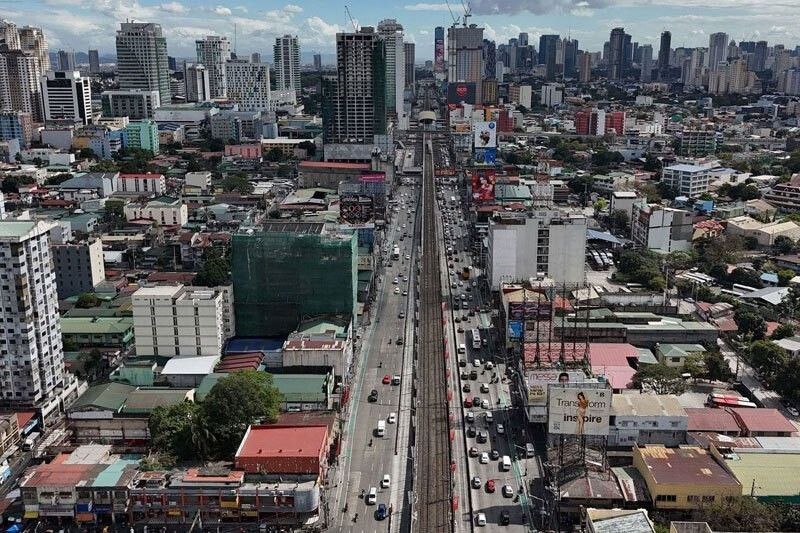Malacañang OKs P6.793 Trillion Budget for 2026: Boost for Infrastructure and Social Programs

MANILA, Philippines – President Ferdinand Marcos Jr. has greenlit the proposed national budget of P6.793 trillion for 2026, a significant increase from the P6 trillion allocated in 2025, Malacañang announced on Tuesday, July 16.
This substantial budget allocation signals the administration's commitment to continued economic growth and development, with a particular focus on infrastructure projects and crucial social programs aimed at improving the lives of Filipinos. The increase reflects the government's assessment of the nation’s evolving needs and its ambition to address pressing challenges.
Key Priorities in the 2026 Budget
While detailed breakdowns are still forthcoming, sources within the Palace indicate that the 2026 budget will prioritize the following:
- Infrastructure Development: A significant portion will be dedicated to ongoing and new infrastructure projects, including transportation networks (roads, bridges, airports), energy initiatives, and digital infrastructure to support the country's growing digital economy. The 'Build Better More' program is expected to receive considerable funding.
- Social Services: Education, healthcare, and social welfare programs will remain central to the budget. This includes investments in teacher training, healthcare facilities, and programs to support vulnerable populations like senior citizens and low-income families.
- National Defense: Recognizing the importance of national security, the budget will also bolster the capabilities of the Armed Forces of the Philippines (AFP) through modernization programs and enhanced training.
- Agricultural Modernization: To ensure food security and support Filipino farmers, the budget will allocate resources for agricultural research, irrigation projects, and assistance programs.
- Economic Reforms: Funding will be directed towards initiatives aimed at attracting foreign investment, streamlining business processes, and promoting innovation.
Economic Outlook and Justification
The decision to increase the budget comes amidst a positive economic outlook, with the Philippines experiencing steady growth in recent quarters. Government officials argue that the increased spending will further stimulate economic activity, create jobs, and reduce poverty. They emphasize the importance of strategic investments to ensure long-term sustainable development.
“This budget reflects our commitment to delivering on our promises to the Filipino people,” stated a Palace spokesperson. “We are focused on building a stronger, more resilient, and more inclusive economy for all.”
Next Steps and Legislative Process
The approved budget proposal will now be transmitted to the Congress for deliberation and approval. The House of Representatives and the Senate will scrutinize the budget, potentially making adjustments before finalizing the appropriations bill. The legislative process is expected to be robust, with debates and amendments likely to occur before the budget is ultimately enacted into law.
The final version of the 2026 budget is expected to be signed into law by President Marcos Jr. before the end of the year, ensuring the government can effectively implement its programs and initiatives for the coming year.
Implications for Filipinos
The significant budget increase holds positive implications for Filipinos across various sectors. Improved infrastructure will ease transportation and logistics challenges, while enhanced social programs will provide greater support for families and communities. The government’s commitment to economic growth is expected to translate into more job opportunities and improved living standards for many.





